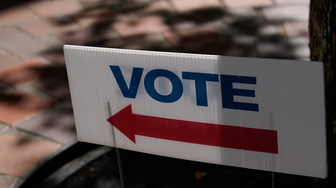Latest data from YouGov’s Financial Outlook 2023 report shows nearly half of women in Australia (47%) say they do not need any help to manage their money better.
Although Australia scores high within APAC, it ranks low on the global table when it comes to financial literacy among women. Across the globe, women in European markets tend to be more financially able with Germany reporting the highest number of women saying they do not need help managing their money better (68%), followed by Denmark (65%), Italy (63%) and France (62%).
Even though a considerable proportion of women in Australia claim they do not need help with their finances, the majority need some kind of assistance, with an understanding of how to use their investments to grow their money being the top priority (with 23% of women saying this).
A fifth needs help in setting a budget and tracking expenses or learning how to better manage their money (21% each). Slightly fewer need assistance in planning for future life events (17%), assessing all finances & improving their financial condition (16%), advice on the best mortgage or home owing interest rates (15%), or planning for retirement (15%).
Comparatively, the areas where a lesser number of women say they require help are in managing debts (14%), understanding if they have the right level of insurance coverage (14%), and guidance on loans (11%).
Get more details about changing financial behavior across the globe, here.
Methodology:
The insights in this article are drawn from a recent YouGov global survey on the future financial outlook, specifically, exploring the global outlook for household living standards, changes in disposable income, how consumers are dealing with and managing their finances as a result of the changes and how financial institutions can help and support.
Covering 18 global markets of more than 19,700 respondents, our survey was fielded the week of 11th – 25th October 2022. Data for Australia was based on a nationally representative sample (aged 18+) of 1,058 respondents out of which 525 were women.








